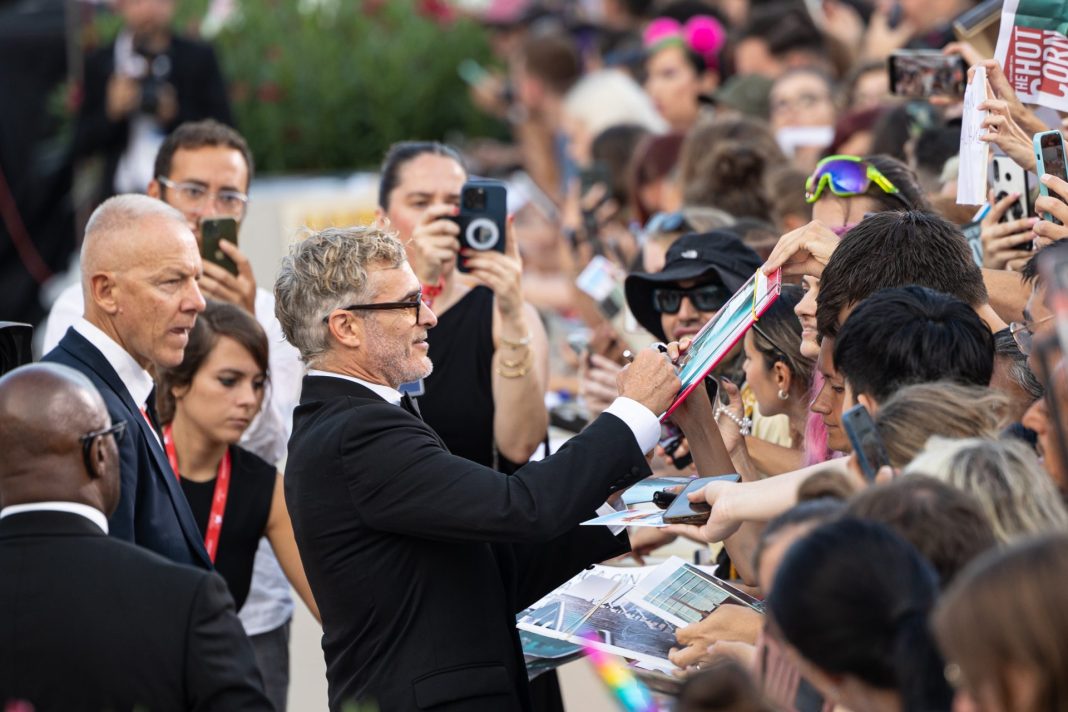In 2019, Todd Phillips’ Joker made a stir both with critics and at the box office. For an audience of comic-book fans accustomed to watching grown adults in swimsuits laugh at their own jokes and float around exploding skyscrapers, Joker, a serial-killer thriller masquerading as a piece of social realism, was a refreshing break. It was a film “about society”, and that vague appellation was enough to distinguish it from the general crop of popcorn cinema.
Few fans realised that in heaping praise on itthey were in fact commending two earlier Martin Scorsese/Robert De Niro collaborations – Taxi Driver and The King of Comedy – from which the better parts of Joker were plagiarised. The film had excellent source material. But it was destined to join American Psycho and The Wolf of Wall Street as the latest in a subgenre of “incel flicks”. Any chance of realism or nuance vanished in a film in which a serial killer dressed up as a clown is interviewed live on TV by Robert De Niro and makes a staggeringly on-the-nose monologue whose final line is: “What do you get when you cross a mentally ill loner with a society that abandons him and treats him like trash?”
The musical sequel, Joker: Folie à Deux, is out now in cinemas. It contains few of the redeeming features of the original – none of the “will he/won’t he” suspense, none of the sympathy for victims of state austerity. It is a marriage of two dead genres – the musical and the superhero movie – while also dipping into prison and courtroom drama.
The story, with spoilers, is this: Two years after the murders shown in the first film, Joker is in prison (“state hospital”), where he meets a fangirl named Harleen Quinzel (Harley Quinn), who, like him, endured a traumatic childhood. Joker’s subsequent court trial acts as the centrepiece for the film. Here we are treated to the return of familiar faces from the first film, and to the twist that Harley Quinn is pregnant. The court is adjourned and for a time Joker returns to hospital, where he is beaten by guards who then murder his prison mate. When he returns to court, he decides to renounce the Joker persona, and to become Arthur Fleck once more. Rejection, murder, and a clumsy form of tragic irony, make up the thematic punch of the final scenes.
The film is as nonsensical as the summary suggests. It seems far too concerned with itself, trying self-consciously to defend Phillips’s decision to make it a musical, for it to provide much drama or entertainment. The ratio of music to non-music is also troubling – I counted sixteen tracks – and the regular bursts of song are a structural flaw from which the film never recovers. Joaquin Phoenix, it must also be said, sings like a chain-smoker. Watching him try to pour out his soul, I could not have been the only one praying that he would swallow some cough syrup, and the film soundtrack is unlikely to make the charts.
Phoenix, who won the Oscar for his portrayal of the title role in the first film, returns looking gaunter and older; it is unclear how much of this is make-up and how much the natural progression of time. At first, his attempts to look dead inside end up on the McDonald’s-worker end of the spectrum rather than the psychopathic-clown end. As the film progresses, however, he becomes genuinely riveting, and his one undeniable strength is to create sympathy for a character who could so easily become unsympathetic. He never allows us to hate Arthur Fleck.
The performance of Lady Gaga as Harley Quinn is even better worth praising. She sings better than Phoenix, naturally, and often is more convincing than him in the intensity of her performance: when she leans against a window and tells Joker in a hoarse croak with transfixed eyes how much she admires him, she – more than the music or the prison setting or the subtle inclusion of cigarette-smoke in the shot – thickens the moment with atmosphere. She freshens every scene in which she appears.
Unfortunately, neither she nor Phoenix can save the film. Unlike the first one, which aimed, however clumsily, to issue a political statement, Joker: Folie a Deux is ultimately too disjointed and unnecessary to win Oscars or make headlines. It deserves to be seen in the cinema – not because it is a film “about society” – but because in view of its poor box-office performance it is the last Joker film that we are likely to get.


